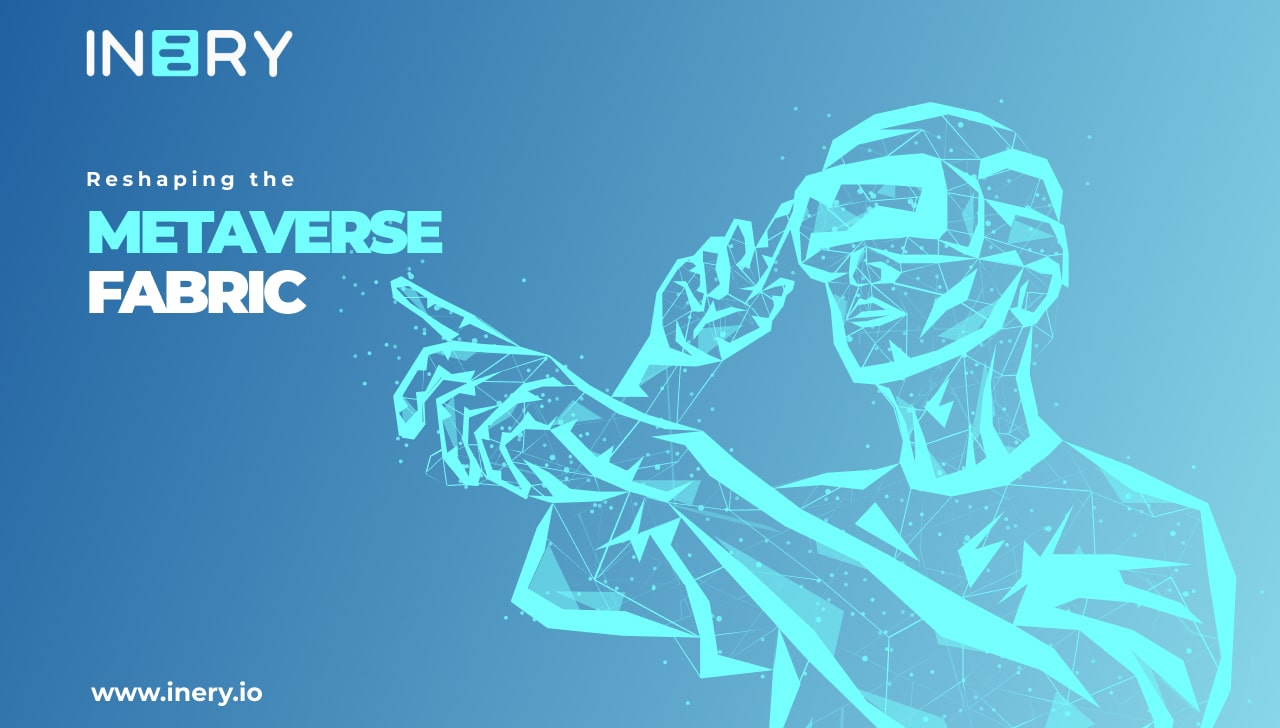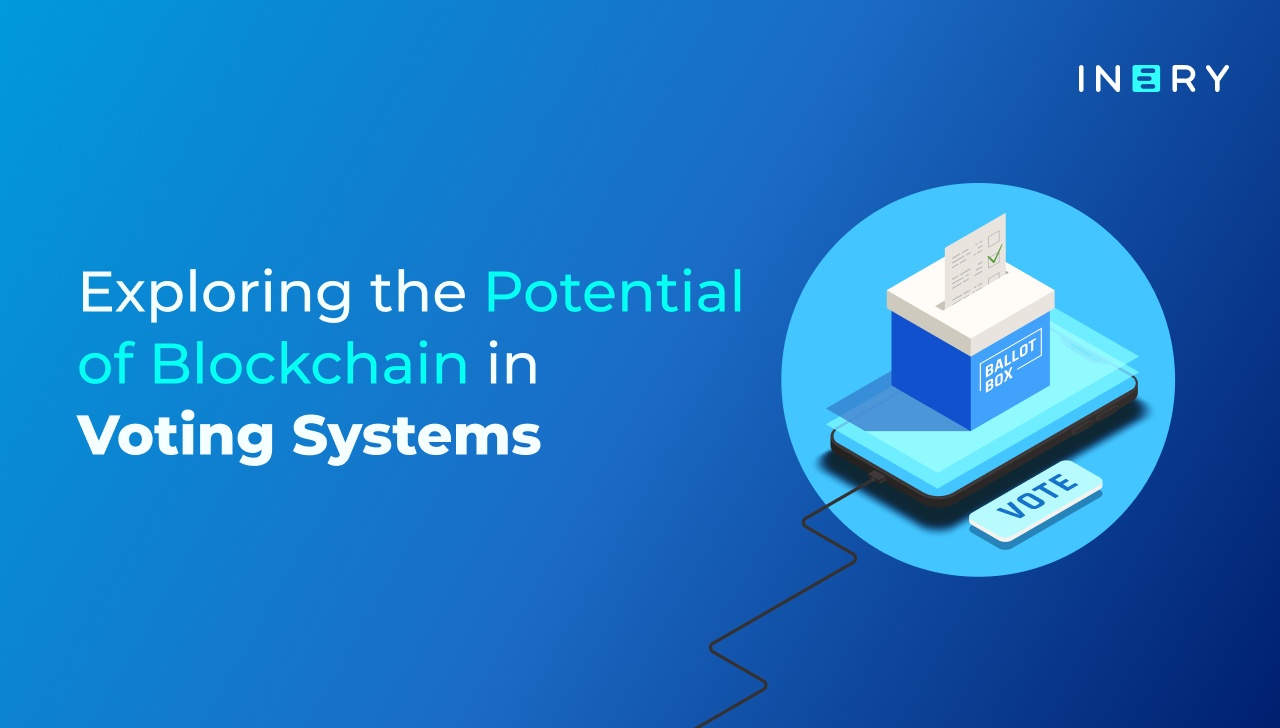Voting, the cornerstone of democracy, is an exercise that carries immense significance. However, traditional voting systems around the world have consistently encountered a range of challenges, some of which have been dramatically highlighted during recent elections. These issues have spurred a debate on how technology, specifically blockchain, could revitalize the trust and efficiency of these systems.
The Problems with Current Voting Systems
In the United States and globally, voting systems frequently encounter numerous challenges that significantly undermine their effectiveness and erode the public’s trust in the electoral process.
Accessibility issues are a major concern; cumbersome voter registration processes often disenfranchise potential voters, while inadequate facilities fail to accommodate disabled voters, contravening inclusive democratic principles.
For instance, during recent elections, numerous reports highlighted how polling stations were not fully accessible to individuals with mobility issues, leading to lower turnout among these groups.
Security concerns have also been at the forefront of electoral issues, especially following high-profile incidents of election interference and allegations of voter fraud, such as those observed during the 2016 and 2020 U.S. presidential elections.
These instances have fueled widespread concern over the integrity of the electoral process. Internationally, instances like the accusations of tampering in the 2018 general elections in Zimbabwe and the 2019 European Parliament elections have shown that these are not isolated issues confined to any one region but are global concerns that can destabilize trust in democratic institutions.
Moreover, the COVID-19 pandemic starkly exposed the severe inflexibilities of current voting mechanisms, which struggled to adapt to necessary health precautions. This situation sparked a heated debate over the implementation of mail-in ballots and the safety of voters, illustrating a pressing need for more adaptable and resilient voting systems.
The debate extended into concerns about the accuracy and integrity of mail-in voting, with false information spreading rapidly and adding to the public's confusion and distrust.
Additionally, technological shortcomings, such as outdated voting machines and databases vulnerable to cyberattacks, further complicate the security landscape. In the U.S., for example, several states reported problems with electronic voting machines in recent elections, ranging from machine malfunctions to vulnerabilities that could potentially be exploited by hackers to alter vote counts.
These myriad challenges paint a picture of voting systems that are in dire need of modernization and innovation to uphold the principles of fairness, accessibility, and integrity that are fundamental to democratic governance.
The Blockchain Proposition
Blockchain technology, celebrated for its key features of decentralization and immutability, offers a promising solution to the pervasive issues plaguing current voting systems. By creating a transparent and tamper-proof ledger, blockchain can potentially increase transparency and drastically reduce opportunities for fraud.
For example, in a blockchain-based voting system, each vote could be recorded as a transaction on the blockchain, ensuring that each entry is both irreversible and traceable without revealing the voter's identity, thus securing the vote while maintaining confidentiality.
Moreover, blockchain could significantly democratize the voting process by facilitating secure remote voting technologies. This aspect is particularly compelling as it can help increase voter participation by removing geographical and physical barriers.
Voters would be able to cast their votes from any location, using devices such as smartphones or computers, which could lead to higher turnout rates, especially among those less able to visit polling stations, such as individuals living abroad, those with disabilities, or residents in remote areas.
The implementation of blockchain also promises to reduce the logistical challenges and costs associated with managing elections, particularly during crises such as the COVID-19 pandemic.
For instance, during the pandemic, many regions struggled with how to conduct elections safely; a blockchain system could allow for uninterrupted voting without the need for physical interaction, thereby minimizing health risks and ensuring electoral continuity during unforeseen events.
Additionally, blockchain's potential in voting extends to enhancing voter verification and authentication processes. By integrating advanced cryptographic techniques, blockchain systems can verify voter identities with a high degree of certainty, reducing the risk of impersonation and double-voting. T
his capability was demonstrated in a pilot project during the 2018 West Virginia midterm elections, where blockchain technology was used to securely manage votes cast by military personnel stationed overseas, ensuring that their votes were counted securely and accurately.
Inery's Approach: A Considered Solution
Inery introduces a considered approach to using blockchain in voting systems. By leveraging a decentralized data management system, Inery aims to provide a voting mechanism that is secure and transparent, without claiming to be the ultimate fix.
The technology facilitates a system where votes are recorded transparently and immutably, thus addressing some of the primary concerns around election integrity and voter accessibility. However, Inery's solution is presented with an understanding of the technology's current limitations and the complex requirements of electoral systems worldwide.
Looking Towards the Future
While the promise of blockchain to revolutionize voting systems is compelling, the journey to widespread adoption is fraught with challenges. Technical hurdles, the need for extensive testing, and unresolved questions about ensuring voter privacy in a transparent system remain significant.
Moreover, the very novelty of blockchain technology means that both voters and policymakers may need time and more education to fully understand and trust this new approach to one of democracy's oldest practices.
As we look to the future, it's clear that the potential of blockchain in voting systems warrants cautious optimism and rigorous scrutiny. Inery, while presenting a promising avenue, acknowledges the complexity of this undertaking.
The path forward will require collaboration among technologists, lawmakers, and the public to ensure that the evolution of voting systems is as secure and inclusive as possible. In this journey, the goal isn't just to change how we vote but to enhance the democratic process itself, ensuring that every vote counts and every voice is heard.

Inery•
2 years ago
Inery Discord Invitation Challenge
Get a chance to win guaranteed allocation in Inery´s launch event and cashback! ...READ MORE

Share

Inery•
2 years ago
Our Vision for Blockchain: Doing what has never been done before
A frontier for other blockchains while offering a foundation for applications, systems and even layer-1 blockchains. ...READ MORE

Share

Inery•
1 year ago
Healthcare Data in Danger? Inery to the Rescue
Inery’s decentralized data system to cater to the data challenges in the healthcare industry. ...READ MORE

Share

Inery•
2 years ago
Reshaping the Metaverse Fabric
IneryDB provides a unifying platform that acts as a bridge between all the siloed metaverse initiatives and help accelerate the development of the metaverse ...READ MORE

Share
Most popular today



